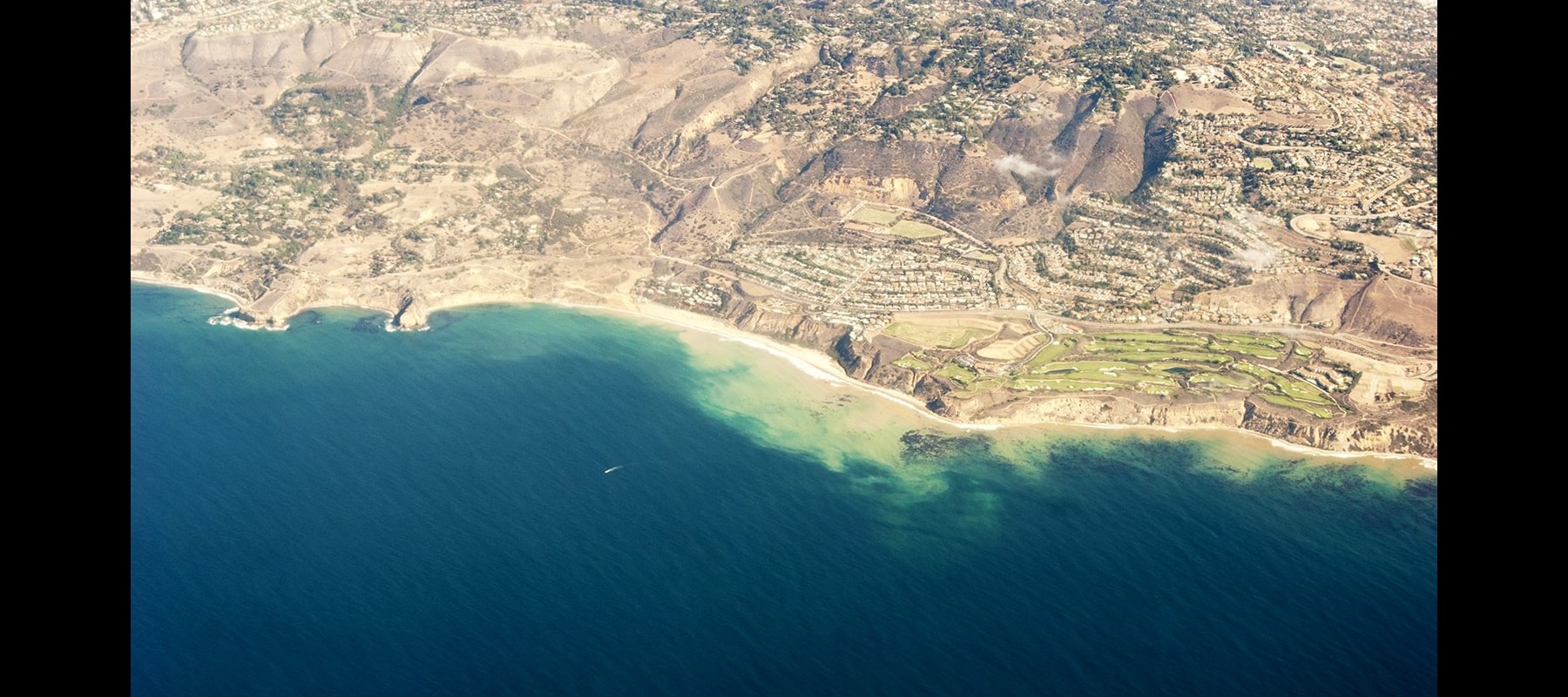
Online Workshop: The Use of Volunteer Geographic Information for Producing and Maintaining Authoritative Land Use and Land Cover Data
This two half days online workshop is organized on behalf of EuroSDR (A European Spatial Data Research network organization linking national mapping and cadastral agencies with research institutes and universities), the LandSense project (A Citizen Observatory and Innovation Marketplace for Land Use and Land Cover Monitoring) and IGN (The French National Mapping Agency). LandSense delivers innovate technologies for data collection, change detection, data quality assessment, offering tools and systems to empower different communities (e.g., private companies, NGOs, NMAs, research, public authorities) for land use and land cover (LULC) monitoring and reporting.
Context and Objective
LULC data are necessary for different applications (e.g., urbanization growth, biodiversity conservation, climate change) in monitoring our environment at national, regional and local scales. Different European initiatives such as CORINE Land Cover, Copernicus, Urban Atlas allow the production of LULC data in vector format (i.e. feature-based LULC). The National Mapping Agencies (NMAs) also produce feature based LULC data at regional or national scales.
The feature-based LULC data are generally cyclically produced every 3 to 6 years, which is not always adequate. Moreover, producing LULC data is costly and a lack of in-situ information can generate incompleteness or inaccuracies. Recent research shows that LULC databases may take advantages of the use of Volunteer Geographic Information (VGI) to produce, improve or update LULC data. For example, different approaches allowing to derive LULC data from OpenStreetMap are proposed. Thus, in this context the objective of the workshop is to bring together different actors such as National Mapping Agencies, academic communities, private companies having experiences in feature-based LULC data production or change detection in order to 1) address an exhaustive list of the current practices and issues in mapping feature-based LULC data and 2) share innovative approaches to produce, monitor and update LULC data.
Topics
The major areas of interest include the following topics:
- Feature-based LULC data production
- Feature-based LULC update
- LULC Change detection
- LULC Monitoring services
- Collection and Use of VGI to produce LULC data
- VGI and authoritative LULC data integration
- LULC data quality assessment
- LULC data infrastructure
- LULC data policies.
Participation
We encourage submissions (1 page maximum) from participants willing to share their experiences, algorithms, research approaches, use-cases, future planning linked to the listed topics.
Submission: October 11 2020.
Notification of acceptance: November 4 2020
Registration fee
Participation in the workshop is free of charge. However, advance registration will be strictly required. Registration will be opened till November 11 2020.
Venue: Online
To further information please contact: Ana-Maria Olteanu-Raimond (ana-maria.raimond@ign.fr) or Joep Crompvoets (joep.crompvoets@kuleuven.be)
Organizing Committee
- Ana-Maria Olteanu-Raimond (IGN-France)
- Joep Crompvoets (KU Leuven Belgium, EuroSDR)
- Inian Moorthy (IIASA)
- Clément Mallet (IGN-France)
- Bénédicte Bucher (IGN-France)
There are comments on this item, made by AfriAlliance community members.
Log in to view the discussion or participate